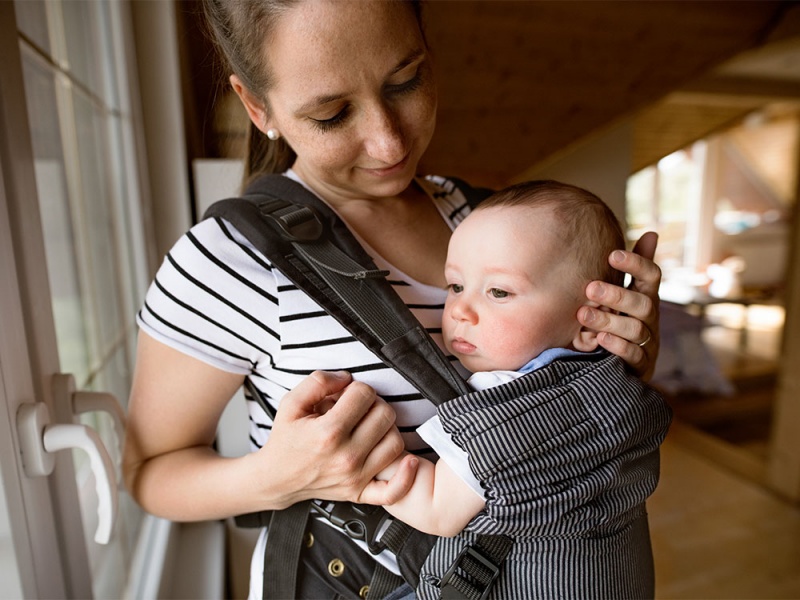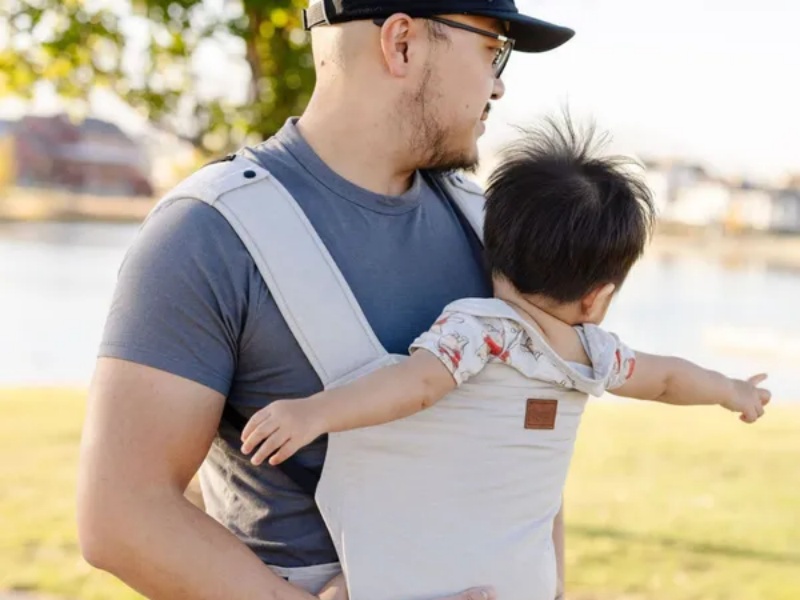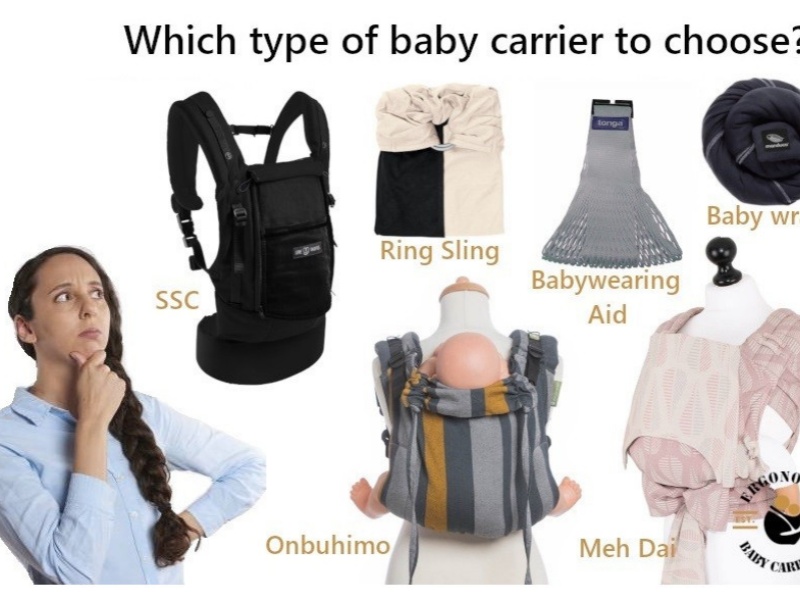Understanding the Types of Baby Carriers
1. Soft Structured Carriers (SSC): These are popular for their ease of use and comfort. They typically have padded shoulder straps and a supportive waistband, making them suitable for longer periods of wear. SSCs can be used for front, back, or hip carries, adapting as your baby grows.
2. Wraps: Made from long pieces of fabric, wraps offer versatility and can be tied in multiple ways. They provide excellent support and can be adjusted for a snug fit. However, they may require some practice to master the tying technique.
3. Slings: These carriers consist of a loop of fabric worn over one shoulder. Slings are great for quick outings and allow for easy breastfeeding. They are less structured, which may not provide as much support for older babies.
4. Frame Carriers: Ideal for hiking or outdoor adventures, frame carriers have a sturdy frame and a seat for your baby. They are designed for older infants and toddlers, providing comfort and support for both the child and the wearer.

Key Features to Consider
– Comfort: Look for carriers with padded straps and a supportive waistband to distribute weight evenly. This is especially important for longer periods of use.
– Adjustability: Choose a carrier that can be adjusted to fit different body types. Many carriers come with adjustable straps and waistbands to accommodate various wearers.
– Safety: Ensure the carrier meets safety standards and has secure buckles or ties. A good carrier should support your baby’s head and neck, especially for newborns.
– Breathability: Opt for carriers made from breathable fabrics, especially in warmer climates. Mesh panels or lightweight materials can help keep both you and your baby comfortable.

Trying Before You Buy
Whenever possible, try the carrier before purchasing. Many stores offer baby carrier demos, allowing you to test comfort and fit. Additionally, consider your lifestyle: if you plan to travel or hike, a lightweight and compact carrier may be ideal.
Caring for Your Baby Carrier
Proper care extends the life of your baby carrier. Follow the manufacturer’s washing instructions, and regularly check for wear and tear. Store it in a cool, dry place when not in use to maintain its quality.
Conclusion
Choosing the right baby carrier can enhance your parenting experience by providing comfort and convenience. By understanding the different types, key features, and your personal needs, you can select a carrier that works best for you and your baby. Embrace the joy of babywearing and enjoy the close bond it fosters while keeping your hands free for daily tasks.

